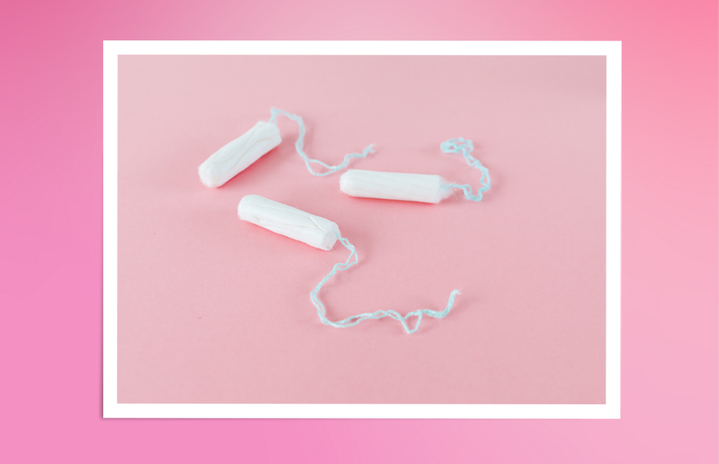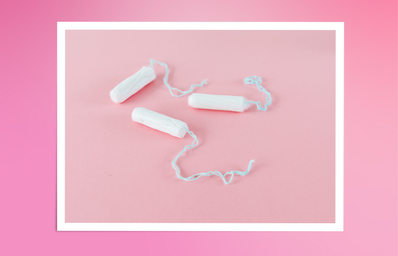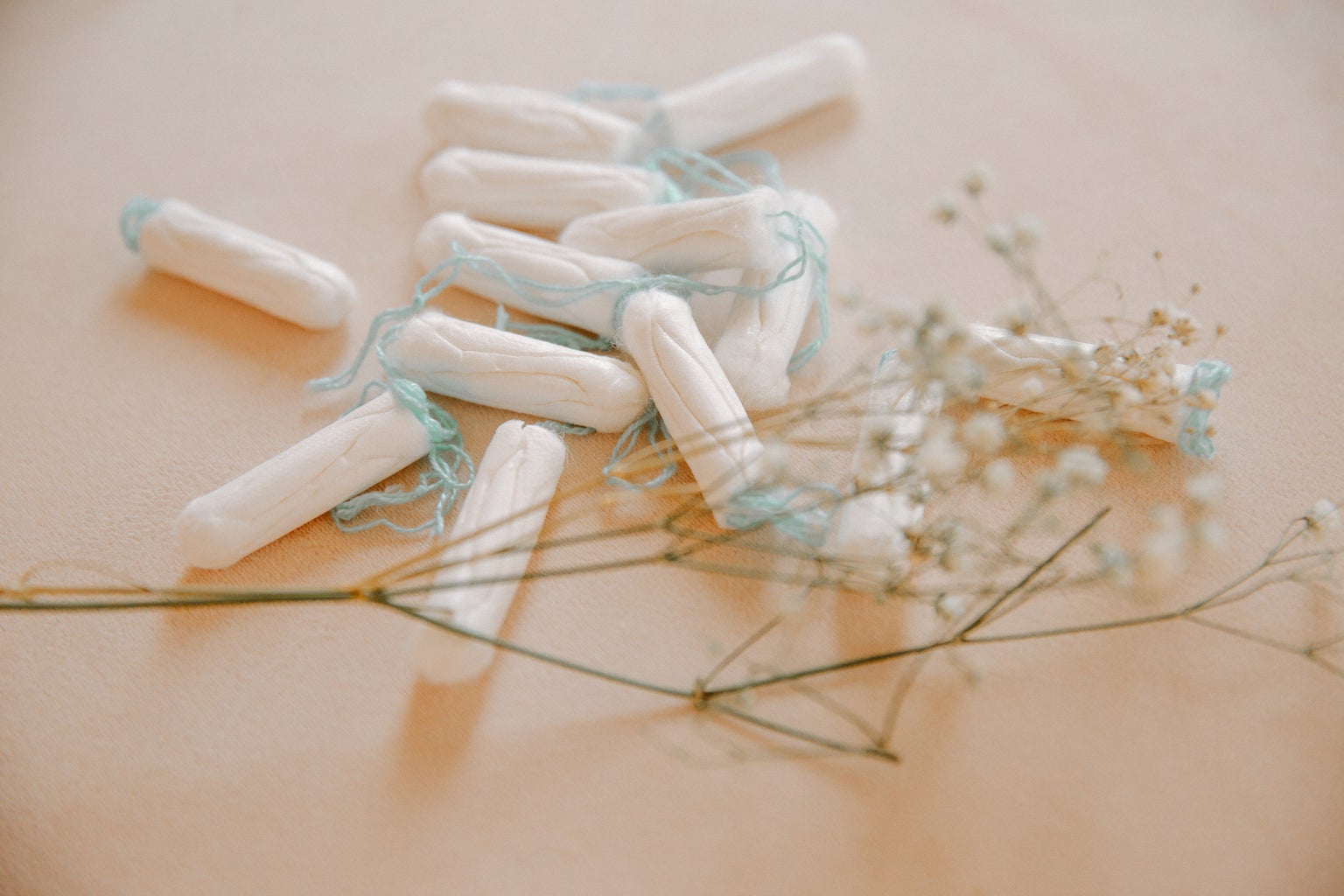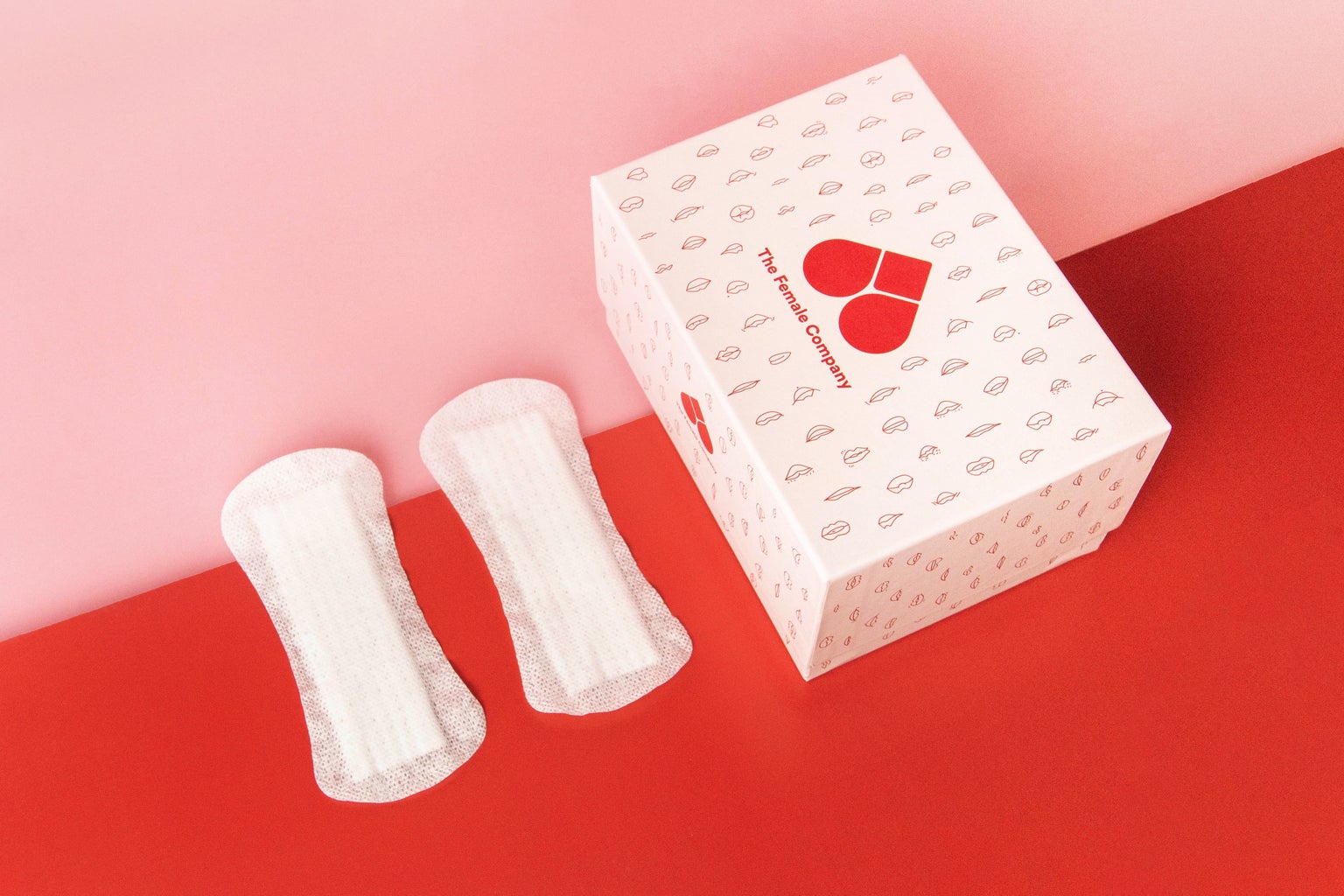While I’m sure all of us are familiar with our period when it obnoxiously greets us every month, how much do we really know about what is happening down there? While we don’t need to have the knowledge that doctors (and our premed friends, of course) have about this sort of stuff, it’s important to know a little bit about our menstrual cycles, including what is happening and why. Even if you aren’t asking these questions about your period, read through to educate yourself a bit about your wonderful body and reproductive system and how it keeps everything running smoothly!
What is the menstrual cycle and why do we have it?
A menstrual cycle is the PERIOD of time in which you shed the lining of your uterus, which is known as menstruating. It is a natural process of your reproductive system and occurs in order to prepare your body for pregnancy, even if you’re not pregnant.
What happens during menstruation?
Women have two ovaries located on either side of our uterus that each hold tons of eggs, with that number of eggs declining as we reach puberty and get older. Menstruation is the monthly shedding of the lining of the uterus that is driven by hormones, which occurs when the egg is released during ovulation. With menstruation comes the physical, emotional, and physiological effects that many women experience during these times.
What are the phases of the menstrual cycle?
Did you know that there are four phases of the menstrual cycle, triggered by your hormones? Let’s break it down.
1. The menstrual phase
This phase marks the beginning of the cycle, and starts on the first day of your period. If you haven’t gotten pregnant, the lining of your uterus sheds through your vagina. This is what causes your period, which contains blood, mucus, and cells from the uterine lining. This menstruation typically lasts three to seven days, but as many of us know, this can fluctuate.
2. The follicular phase
Overlapping with the menstrual phase, the follicular phase begins on the first day of your period and ends during ovulation, lasting around 13-14 days. The pituitary gland in your brain releases a hormone (follicle-stimulating hormone, to be precise) that stimulates the ovaries to produce follicles. At the same time, the levels of the hormone estrogen start to rise, which thicken the lining of your uterus in order to prepare for pregnancy (again, even if you’re not pregnant!). During the final days of this phase, one of the developing follicles becomes a fully mature egg, also known as an ovum!
3. Ovulation
Ovulation begins about two weeks into your menstrual cycle. During ovulation, the mature follicle/ovum releases an egg into the fallopian tube. At this point, the egg can be fertilized by sperm. Side note — if you’re sexually active, you know this is the time to avoid sex if you don’t want to risk getting pregnant! It is possible to get pregnant before ovulation, but it’s most likely the few days before ovulation and during ovulation. After the egg is released, it can only survive up to 24 hours, in which afterwards your chances of getting pregnant are next to zero.
4. Luteal phase
During the luteal phase, your egg leaves the ovary and travels to the uterus. The follicle becomes the corpus luteum, which secretes progesterone, a hormone that maintains the thickness of the lining on your uterus in preparation for pregnancy. If the egg isn’t fertilized, the corpus luteum breaks down and the uterus lining sheds again, repeating the cycle. If the egg is fertilized, it attaches to your uterine wall and you become pregnant.
How long is a typical menstrual cycle?
A menstrual cycle isn’t just the time that you are bleeding, but begins from the first day of your period to the first day of your next period. The average menstrual cycle lasts around 25-30 days, but it’s completely normal for this to fluctuate from person to person. You might have a cycle as short as 20 days, or as a teenager, one that lasts 45 days. Not everyone is average, and that’s okay!
Can your period change or become irregular?
The short answer is yes, it absolutely can. Typically, you have longer periods and heavier flows at a younger age, and it can take a few years after your first period for regular cycles to occur. When you start reaching menopause, which, if you didn’t know, is the year mark from your final period ever, your periods will also change. It’s possible at any point in time for irregular menstruation to occur, but consult a medical professional if you think something concerning is up!




